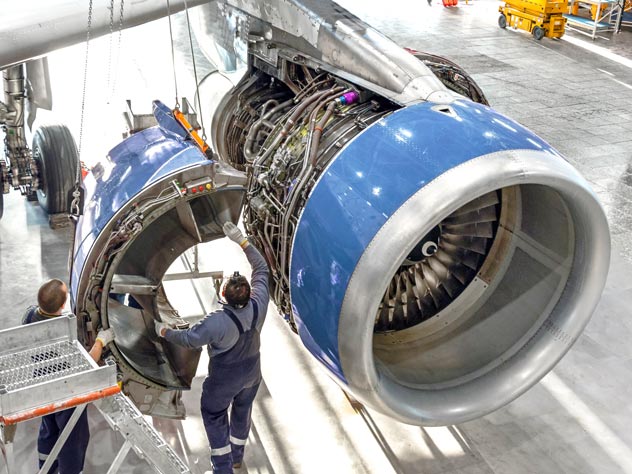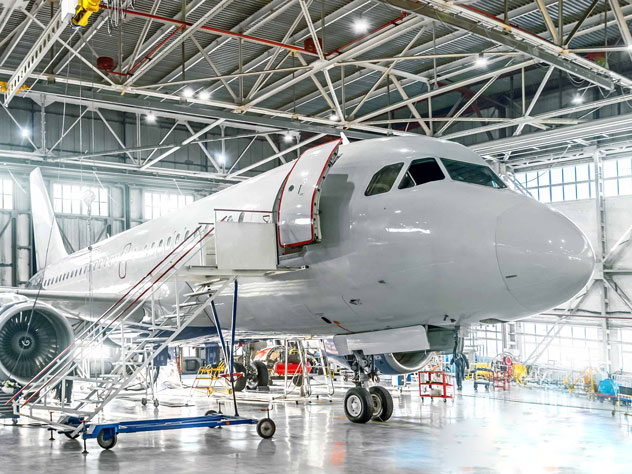Space exploration’s big bang
Over the latter course of the 20th century, there’s been an explosion in the number of satellites that have been put into space. From communication purposes to meteorological monitoring, military applications to scientific research, it’s now estimated that over 8,000 satellites are orbiting Earth. Space flight has also been commercialised, with companies now offering paying passengers the opportunity to experience zero gravity. Recently, the refinement and adoption of new technologies such as electric propulsion are also supporting space exploration and will make other gains within reach.
Supporting the space industry supply chain
The space industry is rapidly broadening its applications:
- Transporting people and cargo: moving people and supplies into space has been commonplace for decades, conducted regularly via missions to the International Space Station (ISS).
- Propellant resupply: linked to the above point, getting propellants into space to refuel satellites and space stations is a necessity. It’s also an activity that will only continue to grow.
- Satellite maintenance: with the sheer number of satellites in space, maintaining their operational capabilities is paramount. Whilst repairing satellites in orbit is a novel technology, it’s something set to become a lot more common.
- Handling space debris: again, clearing Earth’s orbit of obsolete satellites and rocket stages is becoming much more pressing. New technologies are planned to make this task much more manageable in the future.
Space logistics on the ground
One of the most unique challenges comes from transporting components to far-flung destinations—not in space, but here on Earth. Take, for example, satellite internet providers. To ensure maximum coverage for end consumers, they must install antennae in various global positions, some of which are in very remote locations. As such, logistics providers must have the know-how to solve these puzzles, whether aiding with customs clearance or moving goods to their desired location.

Another factor is the ad hoc nature of bookings. Many companies engaged in space transport operate on a very fluid basis. This means bookings are often made on short notice with little forward planning. Logistics companies must remain incredibly flexible, offering malleable solutions and sourcing capacity effectively. Driving down costs is also crucial to making expensive projects commercially viable—it follows that logistics providers must offer lucrative rates to their clients.
What's more, solutions must span the entire spectrum of logistics solutions--from nuts-and-bolts logistics to more unique, project-based work.
Case-study
For example, a satellite manufacturing company expect their logistics provider to collect a new satellite from the plant and deliver it to the launch site. It’s vital that the logistics partner handling such a project can offer reliable end-to-end solutions that can adapt to any number of possible situations.
It fills us with pride to see working in orbit our MicroHETSat, the first all-electric small satellite, made in Italy. From Apulia to the SpaceX launch pad in California, we extend our thanks to Kuehne+Nagel for supporting us in making this space venture a reality".
SITAEL SPA, an ANGEL company.
Looking towards future horizons
In 2022, the global space logistics market was valued at $4.17 billion. This figure is estimated to grow to $20.38 billion by 2032. It’s clear then that the sector's future is set to keep mushrooming exponentially. Space represents a new frontier for the logistics industry, a cosmos where innovation and forward-thinking solutions will come to the fore. Well-established and experienced logistics providers, like Kuehne+Nagel, will undoubtedly be called upon to provide their expertise and support—it’s time to take another giant leap.






